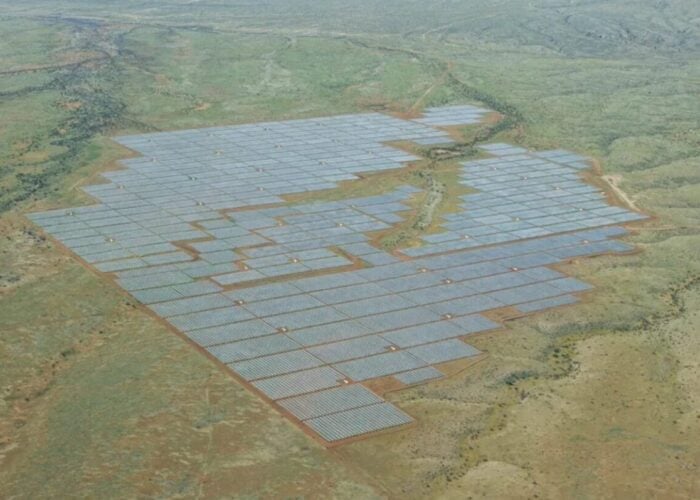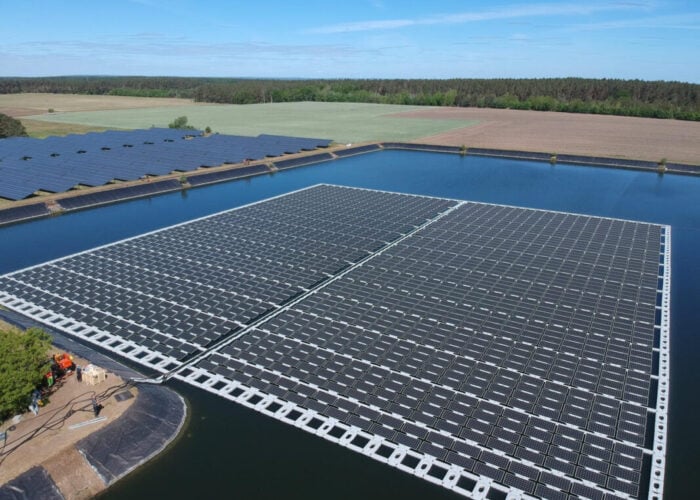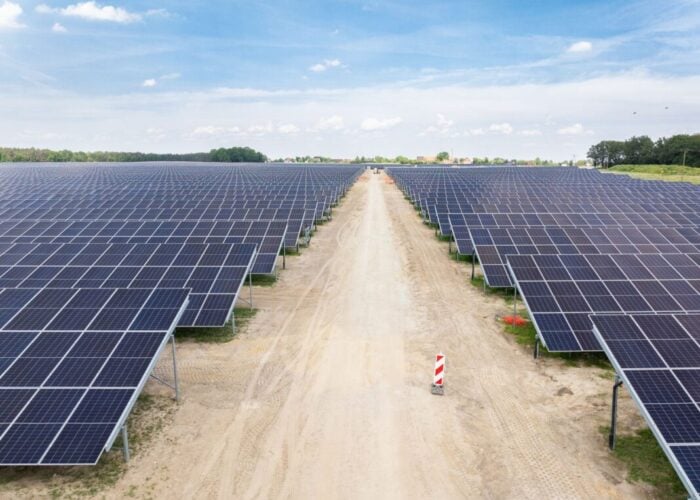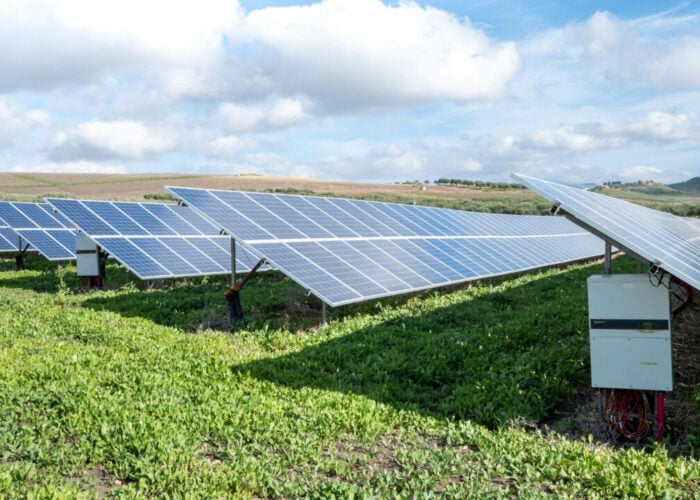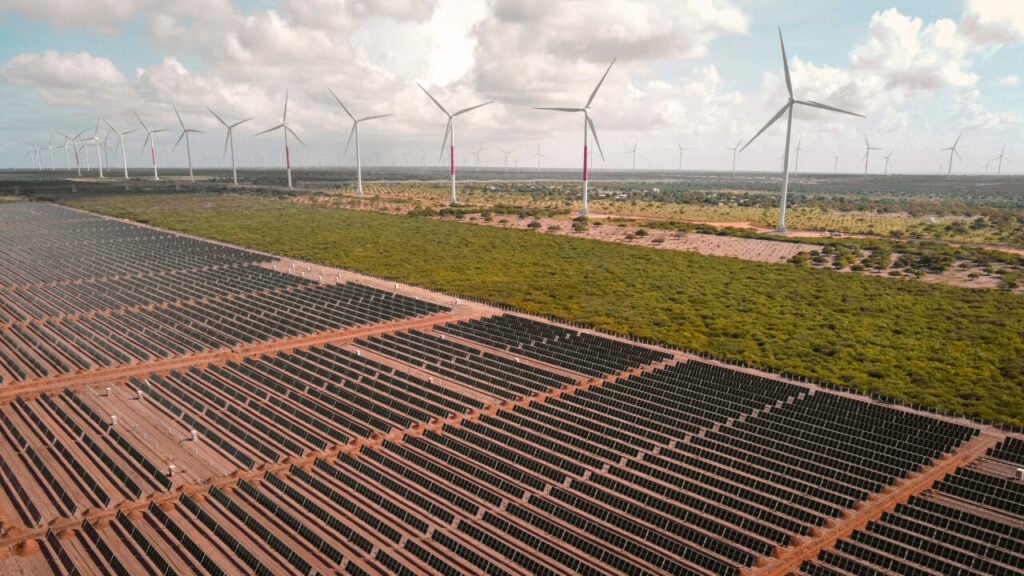
French renewable power company Voltalia has published its financial results for the first half of 2024, which include a 28% increase in turnover compared to the first half of 2023, and a net loss of €15.7 million (US$17.4 million), which the company attributed to “the seasonal nature of the business”.
Many of the company’s strong financial results were driven by the commissioning of projects, with Voltalia now boasting a total operating renewable energy portfolio of over 3GW. The company’s earnings before inflation, taxation, depreciation and amortisation (EBITDA) increased 34% to €75 million (US$83.2 million), compared to the first half of 2023; and turnover from the company’s services provided to third-party customers, including the operation of clean energy projects with different owners, increased by 32%.
Unlock unlimited access for 12 whole months of distinctive global analysis
Photovoltaics International is now included.
- Regular insight and analysis of the industry’s biggest developments
- In-depth interviews with the industry’s leading figures
- Unlimited digital access to the PV Tech Power journal catalogue
- Unlimited digital access to the Photovoltaics International journal catalogue
- Access to more than 1,000 technical papers
- Discounts on Solar Media’s portfolio of events, in-person and virtual
Voltalia’s total renewable power portfolio has almost doubled since 2021, as shown in the graph below. The company announced that its total portfolio—including projects in operation, under development and those intended to be kept or sold with maintenance services—has reached 17.2GW, with solar projects accounting for 63% of this capacity.
While the majority of these projects are located in some of the world’s largest renewable power markets—40% of Voltalia’s power generation projects are in Europe, with 39% in Latin America—the company has made a commitment to investments beyond these regions. Earlier this year, Voltalia announced plans to build over 2.5GW of new renewable power capacity in Egypt, which is notable because, as of the first half of this year, African projects accounted for just over one-fifth of the company’s total operating electricity generation capacity.
While the company’s end-of-year electricity generation figures are unlikely to be as low as the graph implies, as it can only take into account electricity already generated, Voltalia’s electricity generation figures are often lower in the first six months of the year, due to the seasonal nature of renewable electricity generation.
Solar power plants, in particular, are notably more productive in the summer months of July and August in markets such as Europe and North America, and this variance is reflected in Voltalia’s historic results; in the first half of 2023, the company’s projects generated 1,842GWh of electricity, compared to 2,494GWh in the second half of the year.
Indeed, the company’s net losses of €15.7 million (US$17.4 million) in the first half of the year are a 19% improvement over the net losses of €19.4 million (US$21.5 million) endured in the first half of 2023, suggesting that the negative financial impacts of investing in seasonal technologies, such as renewables, are becoming less impactful.
Seeking compensation for curtailment
Looking ahead, there are uncertainties pertaining to the company’s full year forecasts due to the increase in curtailment in the Brazilian grid. In August, the Brazilian National Electric System Operator (ONS) announced what Voltalia called “a pronounced curtailment in certain parts of the network,” following blackouts endured last summer that suspended production at power facilities with a combined capacity of 16GW.
While the ONS’ more careful management of the Brazilian grid will have impacts on the productivity of companies, such as Voltalia, there could also be financial repercussions.
Voltalia noted that it would seek financial compensation from the ONS for the blackouts endured last year, and that while it expects its “amicable and contentious actions” to help secure this compensation, it said that, without this compensation, its 2024 earnings would be reduced by around €40 million (US$44.4 million).
Regardless, the company is still bullish on its more long-term prospects. It has confirmed its targets for 2027, which include expanding its portfolio of in operation and under construction projects to 5GW, with around 4.2GW of capacity in operation. It also aims to reduce the carbon footprint of its solar projects, in particular, expecting to reduce the carbon intensity of its solar power plants by 35%, compared to 2022 figures, through the acquisition of low-carbon solar panels.
“We are confident of a favourable outcome to these actions in the short- to medium-term,” said Sébastien Clerc, Voltalia CEO. “In the other countries, the power plants are producing at full capacity, including those recently commissioned in France, Portugal and Albania.”


